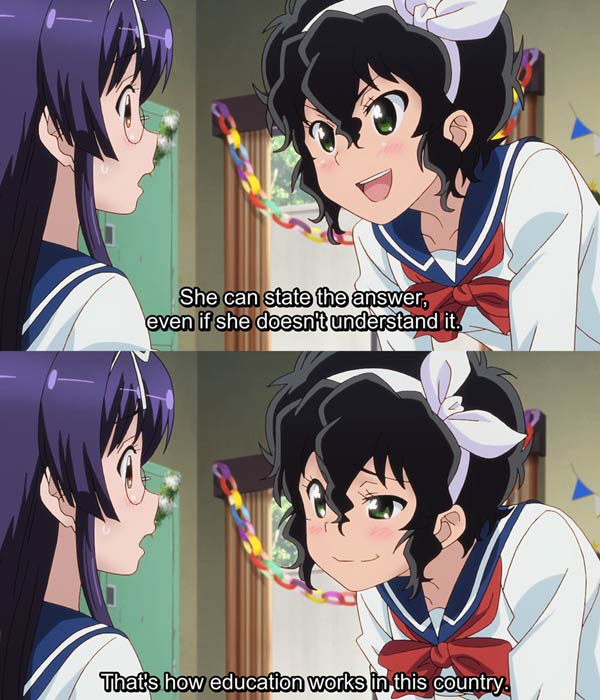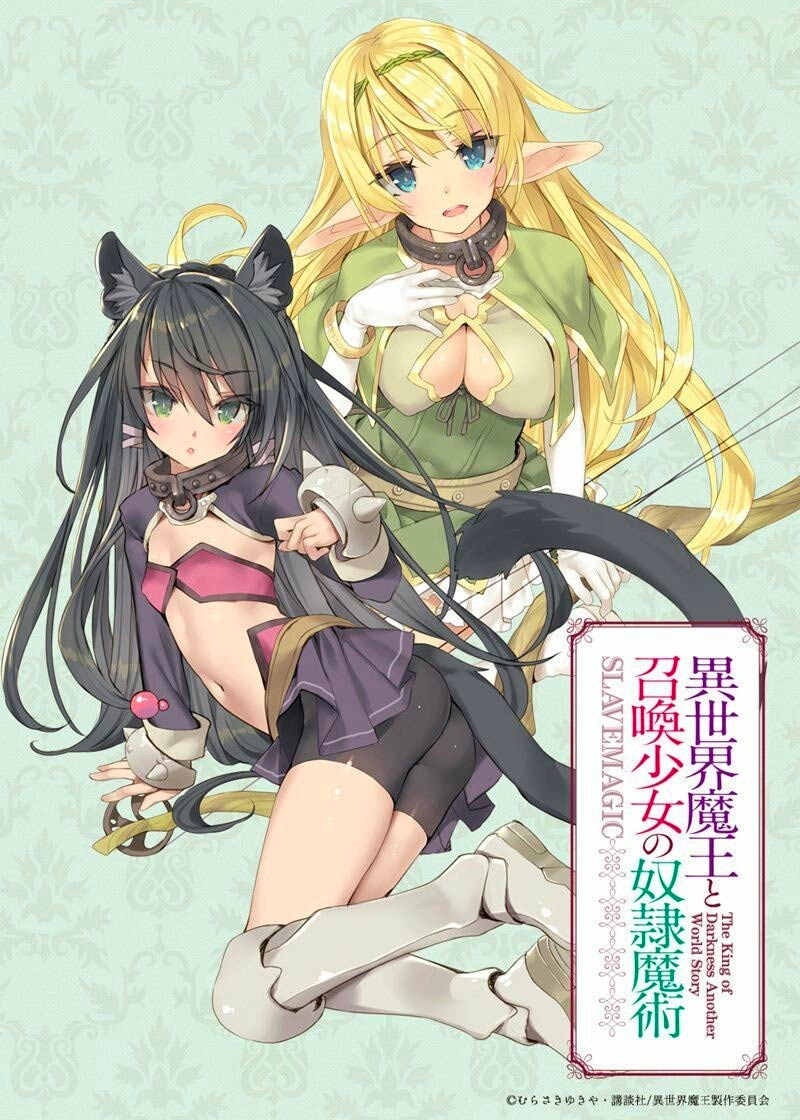Hello again from J-List. This time I’m writing from Maryland, where I’ve come with my Japanese family to spend some time with relatives. While we’re back east, we’ll be visiting Washington D.C. and making pilgrimages to our favorite museums and important national shrines.
One of the more interesting comparisons to make is between countries like Japan, South Korea, Taiwan and Singapore, which have large population densities but almost nothing in the way of natural resources, with more resource-rich countries like Saudi Arabia, where crude oil bubbles out of the ground if you stick a straw in the ground, comparatively. One core difference is the way the Asian countries have embraced education, turning their own people into the most valuable resource imaginable, able to create technologically advanced products that improve all our lives.
However, there are certainly some problems with education in Japan. Let’s take a look at some.
Test Taking Culture and Problems with Education Japan
Japan is famous for its test-taking culture, a tradition that comes from Confucianism as a way to encourage awarding of important government jobs to those who have proved themselves worthy by passing a difficult test, rather than automatically from father to son.
Japanese are masters at taking tests. Do you know the square root of five? I don’t, but my wife and kids do, thanks to Japanese memorizing a mnemonic song that helps them master it during school, out to seven decimal places. When my son was studying for his Eikan English test, I was banned by my wife from helping, since my fluent, natural English was completely unrelated to the strategies and tricks that would enable him to pass his test. (Her plan worked, and he passed his test with flying colors.)
As illustrated in the above graphic (which is from the Bakuon! motorcycle anime), all too often Japanese have knowledge but no wisdom. My wife could tell you what year the Kamakura Bakufu was founded (it was 1192, because Japanese memorize this date via another mnemonic trick), but not what it meant for Japan’s history (it was the first time the warrior class realized it held the real political power, and created a military government to elevate itself to the top of society). I’ve heard comments like this, that education in Japan teaches pointless information but not what it means in the larger world, from many of my former Japanese students.
While I’m happy that universities in Japan are comparatively affordable—my son’s annual tuition to W University was around US$15,000 a year—I can’t say that the education he received was on par with the best universities in the world. Actually, the primary goal of my son’s professors seems to be getting as many students as possible hired by Google, Microsoft and Apple, which hardly seems like an appropriate goal for a university representing the best and brightest of Japan.
Bottom line, Japan has made an incredible achievement with its education system, though it’s not perfect. Got any questions about problems with education in Japan? Ask me on Twitter and I’ll reply!
Stress is bad, but anime fans can manage your personal stress with the fun “ecchi” products from Japan’s famous Tamatoys, which always make great parody toys for us. Browse the new offerings, from catgirls to sexy anime girlfriends! Onaholes can be used for months or even years if cleaned and dried properly, and all orders are private and secure. Browse now!

















